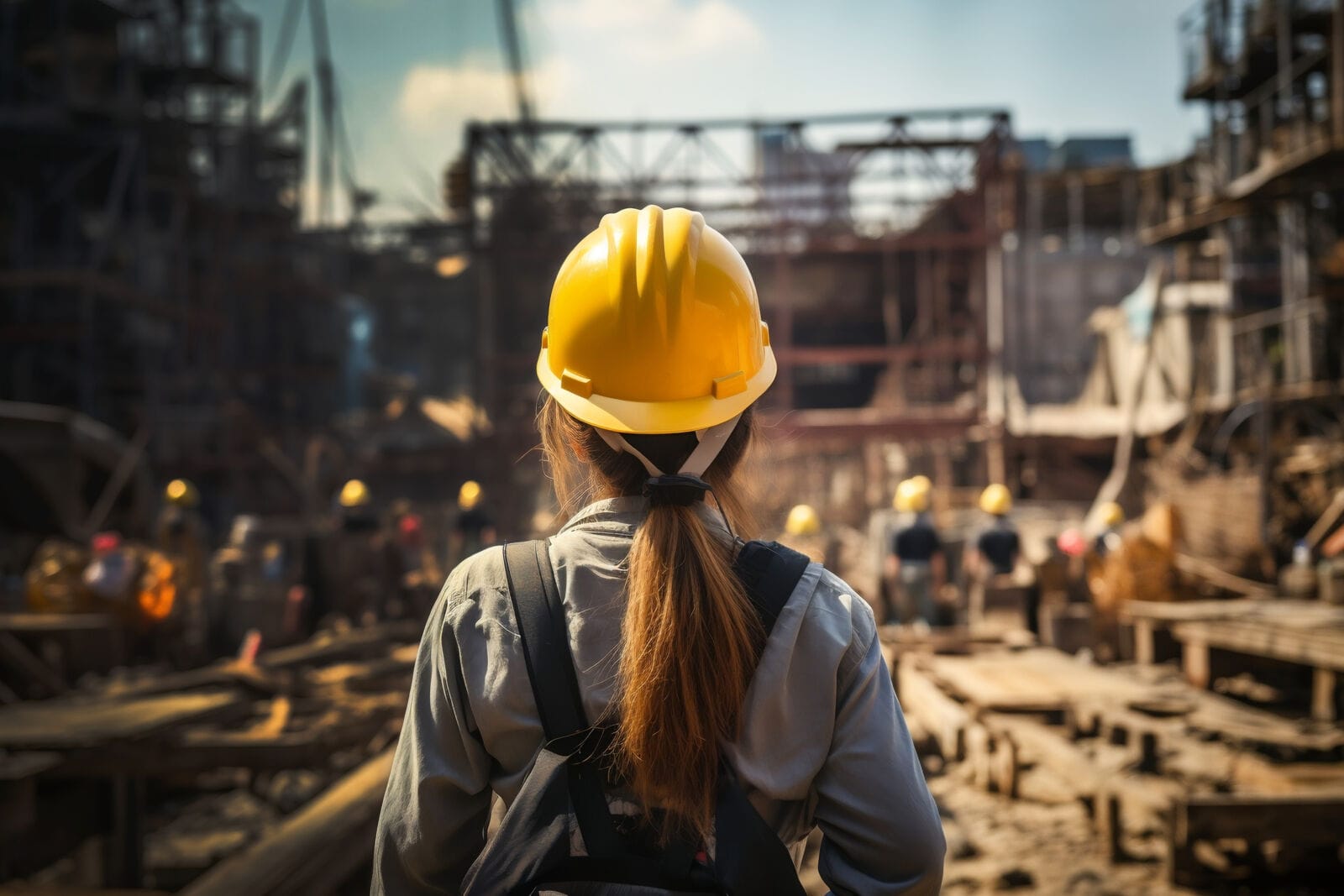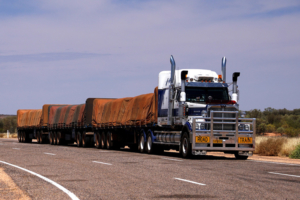As a construction worker, you must consider a few vital factors before starting the work. On-field jobs are highly demanding and also involve several risks.
There are several factors that you should consider before starting an on-the-field job. According to a report, Key Work Health and Safety Statistics Australia 2023, published by Safe Work Australia (an Australian government statutory agency), cases of industrial accidents have been on the rise in Australia over the past 10 years. The report says:
Over the past 10 years, there have been more than 1,850 traumatic fatalities in Australian workplaces, and over 1,140,000 workers have made a serious worker’s compensation claim involving more than one week of working time lost. That is around one in every twelve workers.
We are listing below the five most important factors that you must take into account before taking up the job for your safety:
- Know Occupational Hazards: On-field jobs have occupational risks. Suppose you don’t implement your training under the Yellow Card. In that case, you may sustain injury or even die in such high-risk on-field jobs as heavy vehicle driving, working on lifts, working on elevated places and scaffolds, and working in the construction industry or road construction sector. Jobs in all these areas are highly risk-prone. But you can avert such risks if you know the technique. The Yellow Card training program is curtailed to impart full knowledge of averting high-risk on-field jobs.
- Ascertain the company’s track record: To play it safe and be assured that the management will take care of you if you suffer an accident, you must do some research about the company you are joining. You can join the company if the owner’s or company’s track record is good. However, you must not get engaged in a job if you find that the track record of the welfare of employees is not good. You cannot trust such a company. The duration of the company’s operation, the promoter’s profile, the statistics of industrial accidents, and compensation paid to the sufferer are some factors you must examine before joining the company.
- Site or Location of the On-Field Job: This should be a matter of high concern to you. Suppose the location is remote, in a thick forest, mountain terrain, or at the edge of a desert or sea. In that case, you should ensure that all essential health items are made available there, and airlifting of an injured person is also there to safely shift a traumatized person to a nearby urban hospital for treatment. Your training under the EWPA Yellow Card can be extremely helpful for you if you are working in a remote place.
- Standard of Technology Deployed by Employer: Deployment of the latest technology by the employer can greatly avert accidents and workplace trauma. If employers and industry owners use the latest technologies in their respective fields of production, the safety of workers is greater. Many industrial and workplace accidents happen in Australia due to the continued use of old techniques, machines, and equipment. Since replacing them with the latest technology requires new financial investment, many employers avoid it. As a result, accidents occur.
- Compensation to Sufferer: In your interest, you must inquire about the compensation record of the employer. If the employer is known to compensate the employees in case of an accident or physical injury, you can join the company. But not if the employer has a bad reputation for not properly compensating the employee.
Consequently, you must consider a few factors, as they are important, keeping in mind your interests and personal safety. In this regard, the EWPA Yellow Card can play an important role.
The Elevating Work Platform Association of Australia (EWPA) is assisting the construction industry in various ways to protect the interests of construction site owners, contractors, equipment owners, and workers engaged in sites.
Conclusion
The EWPA has launched the Yellow Card Training Program, which is particularly helpful for construction site workers. This program is meant to develop the skills and knowledge required to operate different mobile elevating work platforms (MEWPs), commonly known as EWPs.
The Yellow Card Training Program and its courses are meant to train site workers to use various types of elevated work platforms safely. If you have received training under this program, you can effectively comply with all safety norms, regulations, and rules about the WHS, OHS, and OSH (regulations).




